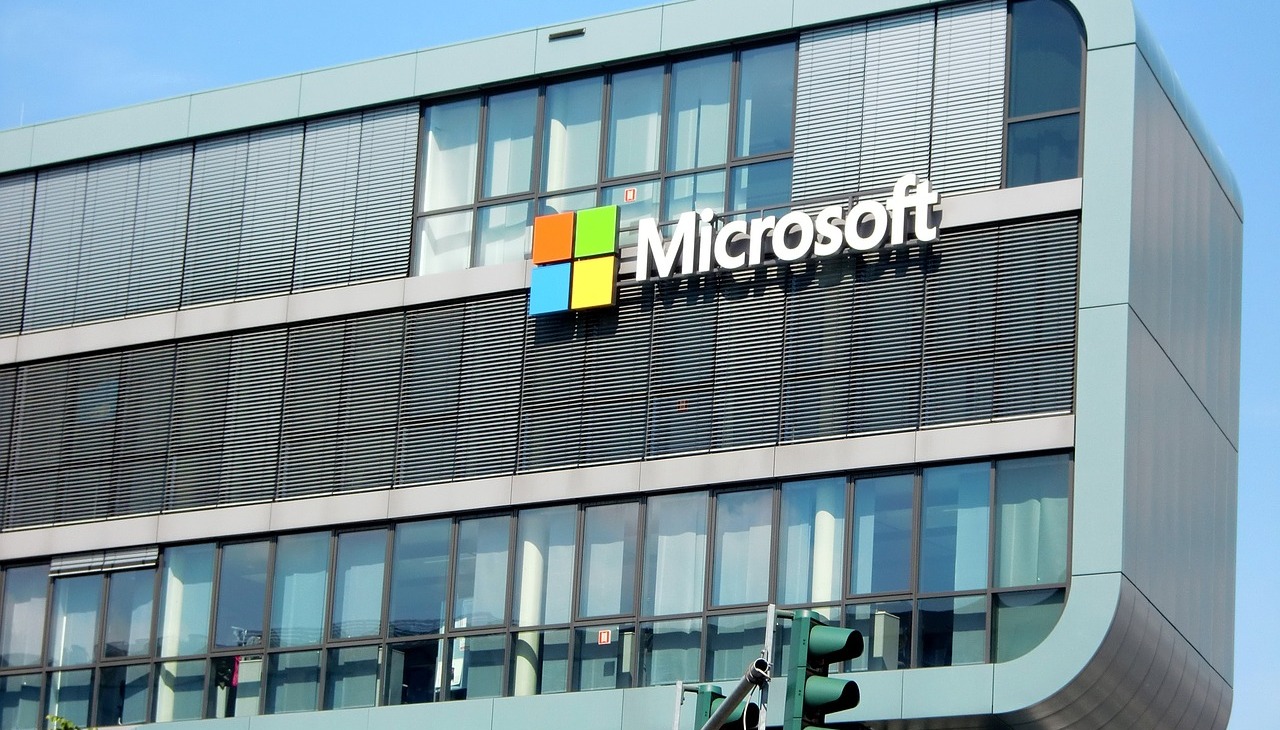
More preference of companies for diversity, equity and inclusion
This is shown by a new report on the 1,000 largest public companies.
As You Sow, the nation's leading nonprofit shareholder advocacy organization, recently released an update to its scorecards on racial justice and equity in the workplace.
Including the most up-to-date information on the 1,000 largest publicly traded firms, the data found reveals that companies are taking steps to increase transparency and accountability on the path to justice.
Olivia Knight, racial justice initiative manager at As You Sow, stated:
The new civil rights and racial equity audit KPI is an important addition to our racial justice scorecard. This is the result of numerous shareholder resolutions filed by SOC Investment Group, and others, over the past three years.
Updates
Using specific benchmarks to differentiate leading companies, evaluated using 27 key performance indicators (KPIs) on racial justice, environmental racism, and workplace fairness disclosure, the scorecard results include what companies say, how they say it, as well as their policies and practices that demonstrate what they do.
Also used for this new update is a KPI that tracks whether companies have conducted independent third-party civil rights and racial equity audits, and whether their results have been made publicly available.
The Workplace Equity Dashboard data includes 31 key performance indicators on workplace diversity, equity, and inclusion (DEI) disclosure, including detailed recruitment, retention, and promotion rates reported by gender, race, and ethnicity.
“Companies have responded by performing their own voluntary audits as they see that it is a competitive advantage and informs their policies and practice on justice, creating a culture that attracts and retains the best and the brightest,” added Knight.
RELATED CONTENT
Results
While 94% of the S&P 100 have published, or have committed to publishing, their EEO-1 forms, a best practice in diversity data reporting, between September 2020 and September 2022, S&P 100 companies also increased their release of hire rate data by gender, race and ethnicity by 298%, retention rate data by 481%, and promotion rate data by 300%.
“A company that refuses to provide diversity and inclusion data is at a competitive disadvantage. Shareholders see this as a material risk that is at odds with our current culture and the priorities of employees, consumers, and investors. We have spoken to hundreds of companies about the need to be open and transparent on workplace equity,” noted Meredith Benton, workplace equity program manager at As You Sow and founder of Whistle Stop Capital.
UPDATE! Today our racial justice and workplace equity scorecards got a data-refresh that found the 1000 largest public companies are taking significant steps to increase transparency and accountability on the path to justice. See for yourself: https://t.co/Bz4NITLqGN
— As You Sow (@AsYouSow) November 3, 2022
Companies in the top 10 for both racial justice and DEI include:
- CVS Health Corp.
- PayPal
- Activision Blizzard
Other top 10 companies are:
- Microsoft
- Visa
- Netflix
- Eversource Energy
- Lululemon
- United Health Group
The bottom 10 companies on both scorecards:
- Berkshire Hathaway
- U.S. Steel
- ExxonMobil
- Valero
- Mohawk Industries
- Coinbase
- Tripadvisor
- Victoria’s Secret
- Teleflex
“Investors' interest in this data does not indicate a desire to replace well-performing managers. They seek to understand how companies are hiring, promoting, and retaining the best possible employees. This is a core human capital management function at any company,” concluded Benton.


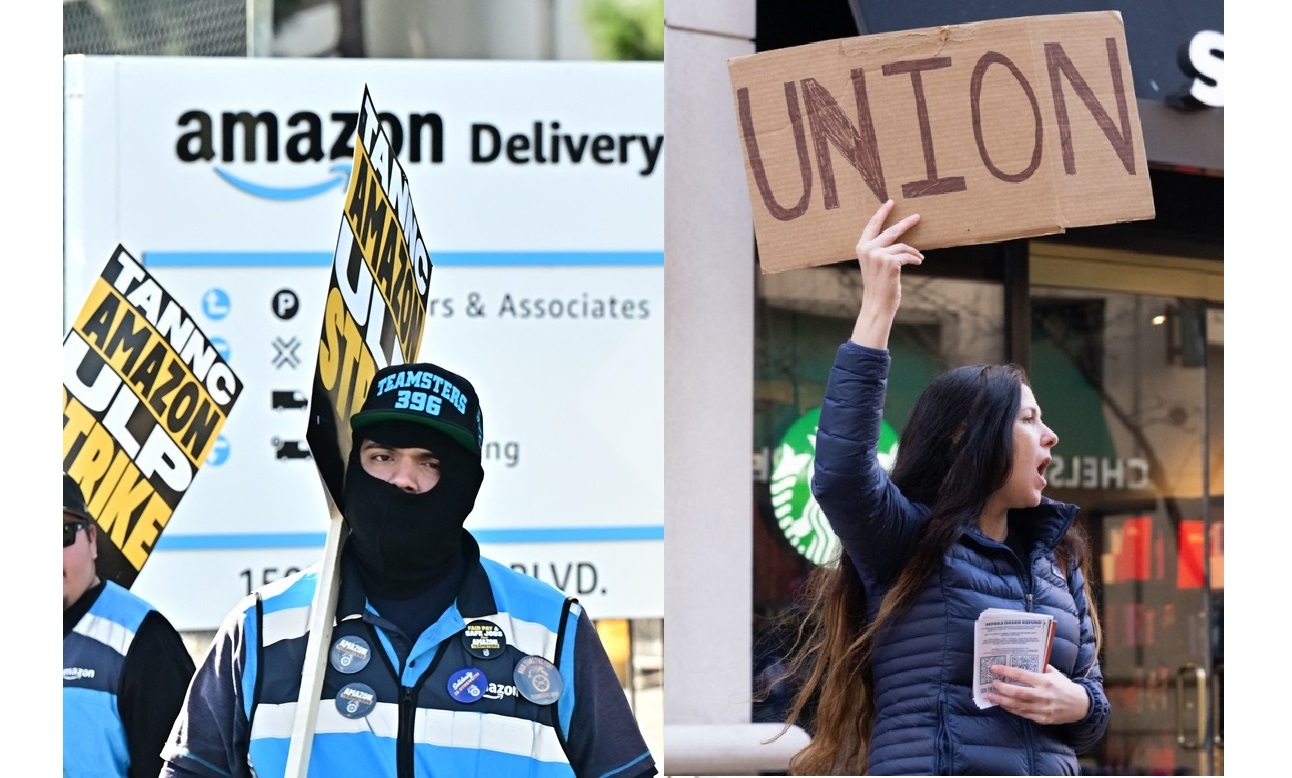
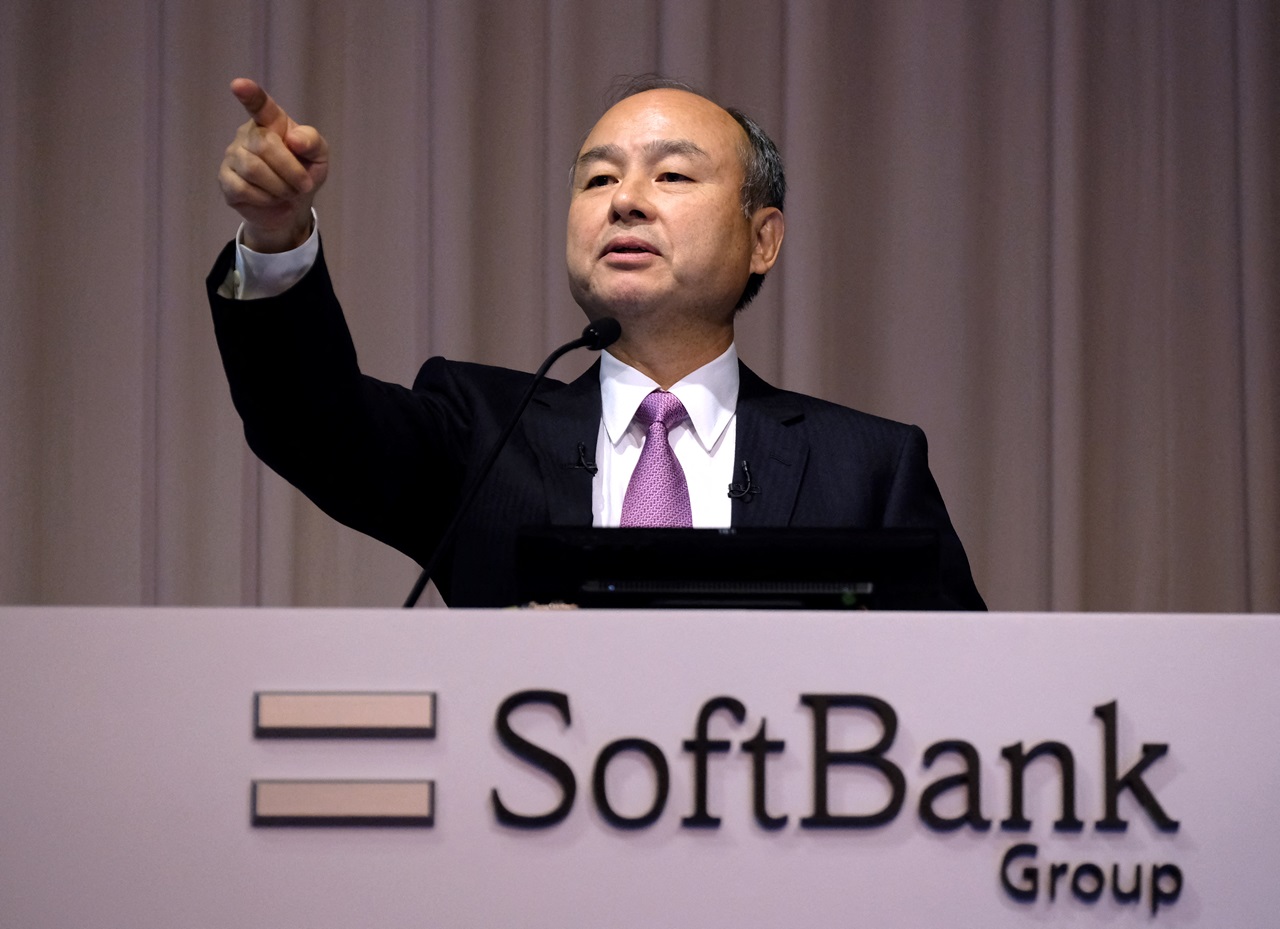

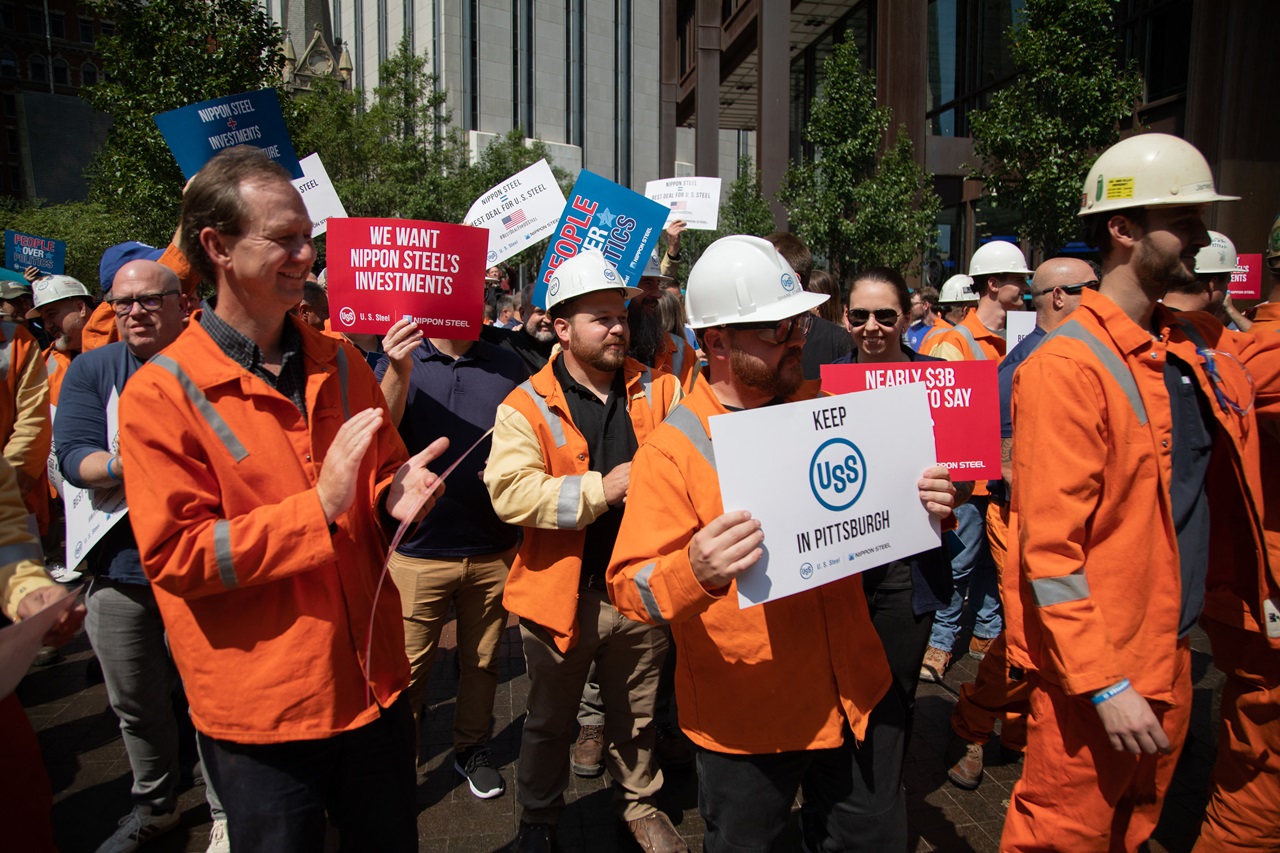


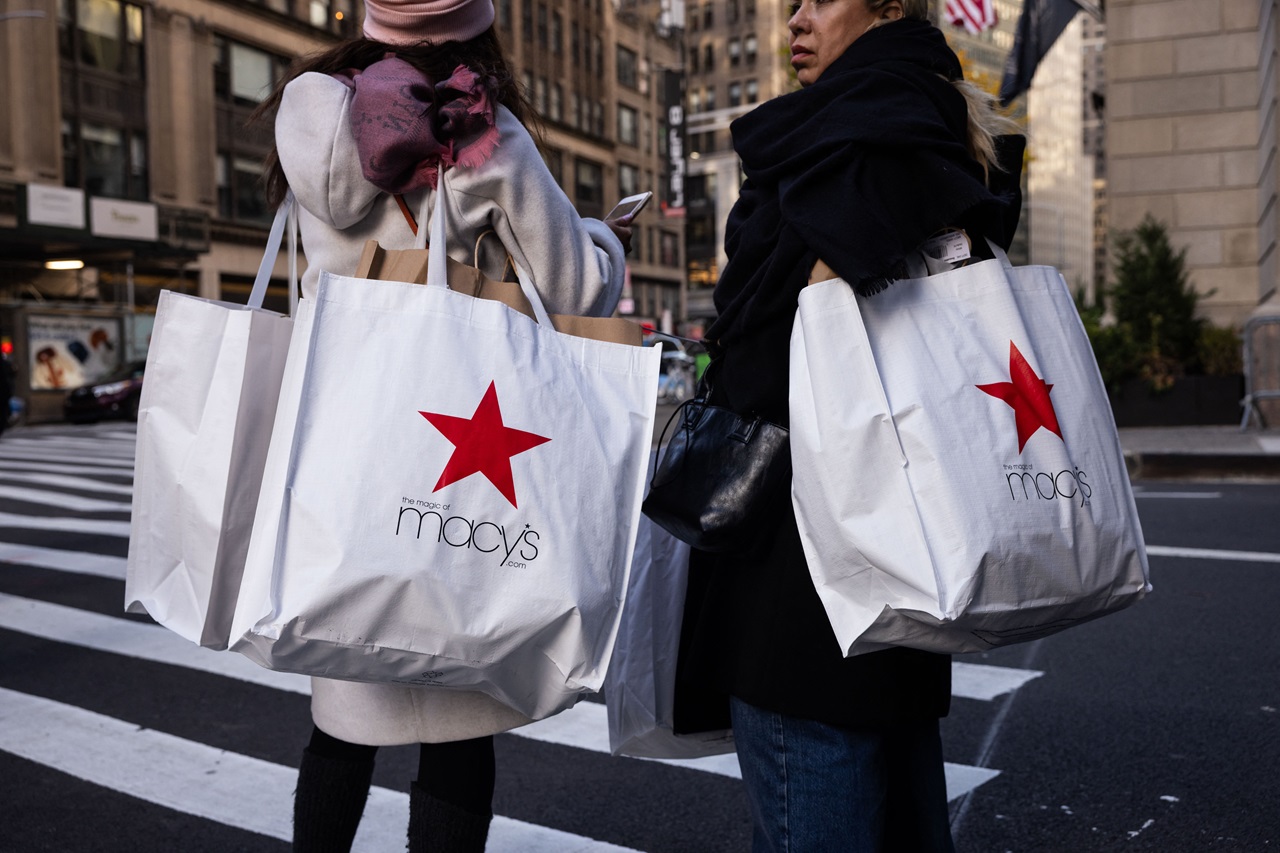


LEAVE A COMMENT:
Join the discussion! Leave a comment.